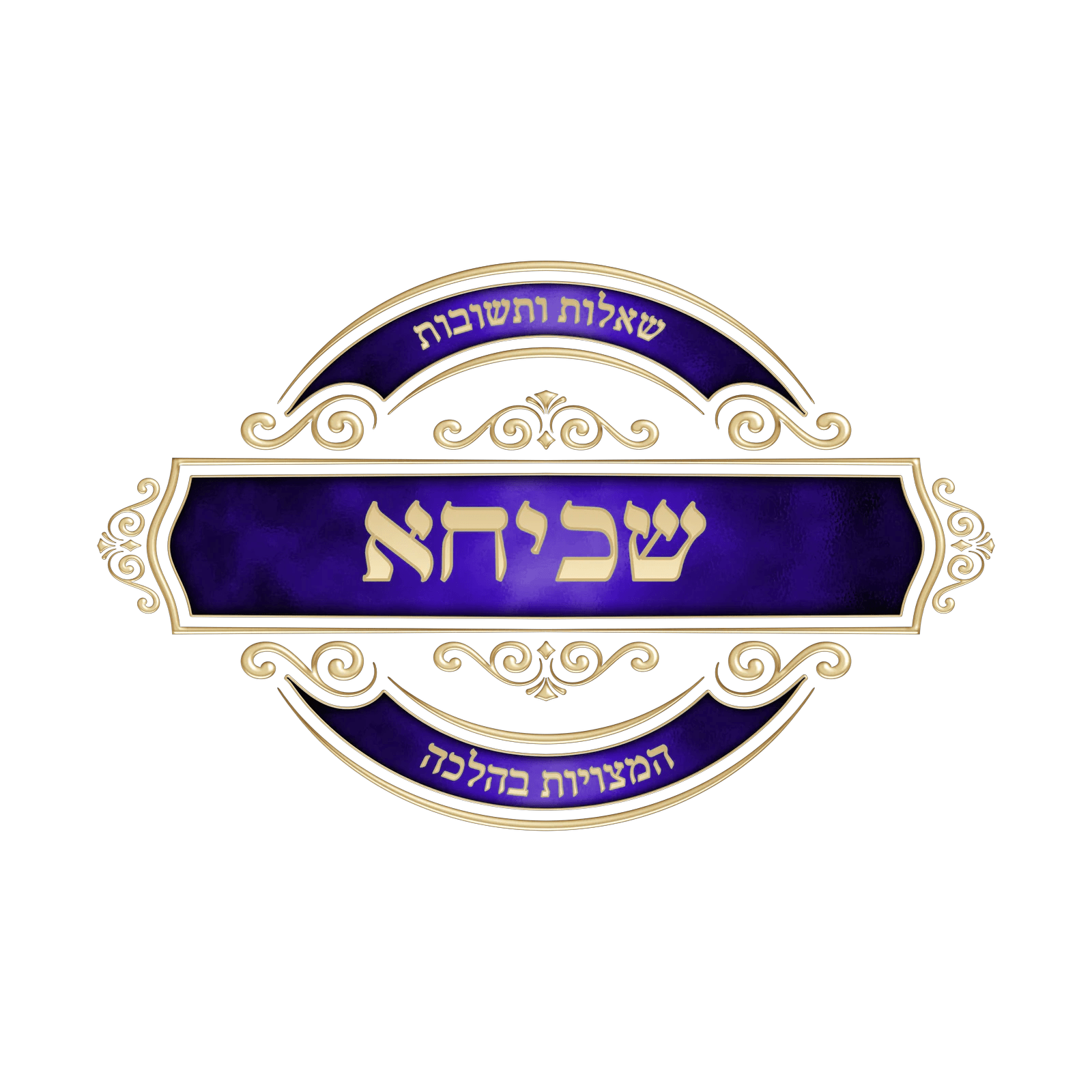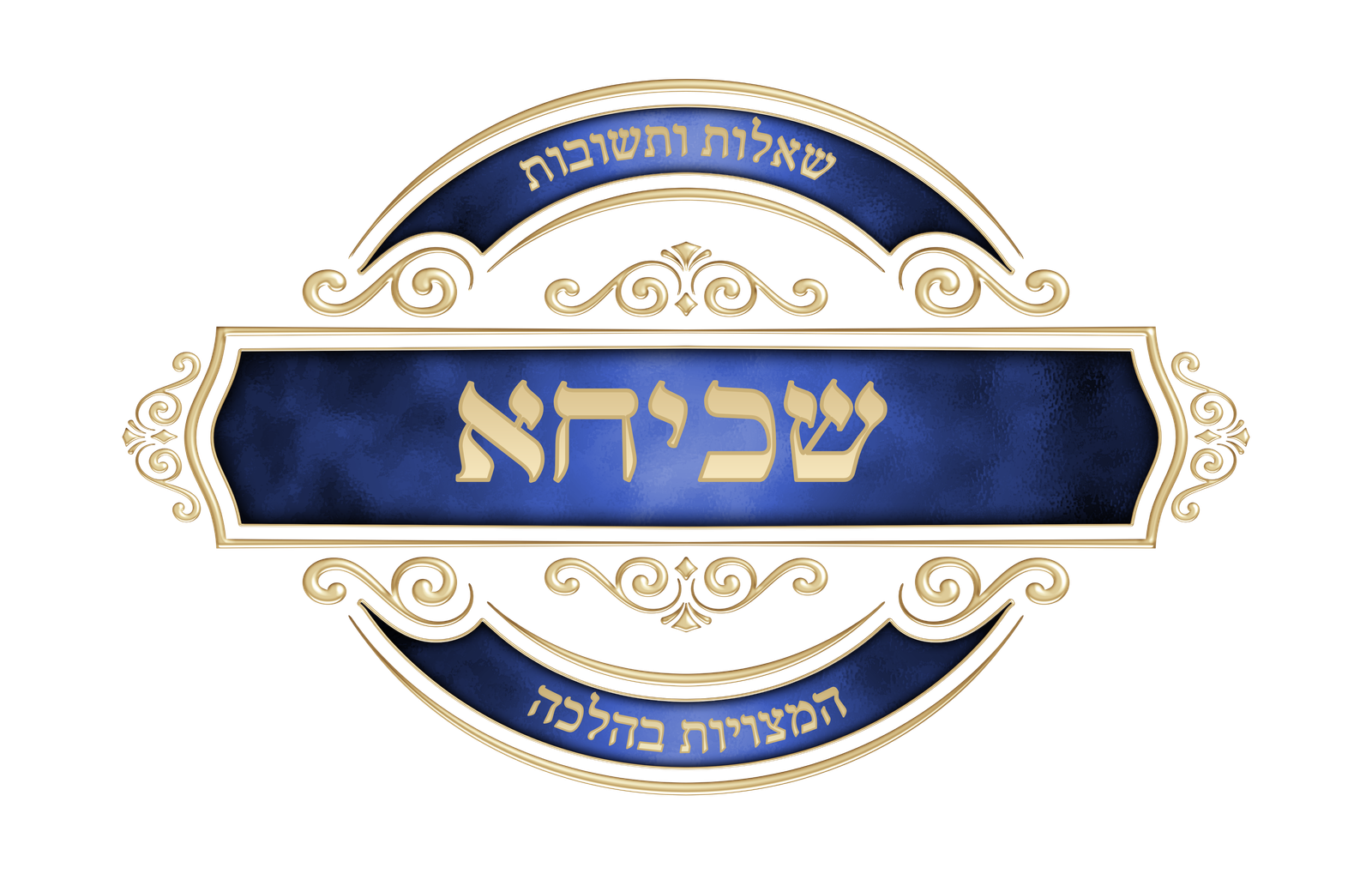מה שנתקשה כת”ר בדברי הא”ר סי’ קע בשם ספר הגן שאסור ברכת המזון על סעודה שאכל עד כדי שביעה באופן שמזיק וז”ש ובטן רשעים תחסר דהיינו תחסר מברכה אחרונה, ונתקשה כת”ר שכבר נתחייב קודם לכן.
ויתכן ליישב דאה”נ אסור לברך ואין לו תקנה שלא לברך כיון שנתחייב בברכה, (ומצינו בכ”מ דלשון אסור לאו דוקא), ומ”מ נענש על שהביא עצמו לחיוב לברך על סעודה שאסור לו לברך עליה כיון שהזיק לעצמו בסעודה זו ומזלזל בברכתו עי”ז ע”ד (שבת קיח ע”ב) הקורא הלל בכל יום הרי זה מחרף מגדף, ואת האיסור עבר במה שאכל.
אבל הלשון תחסר מברכה אחרונה דחוק קצת לפ”ז ויש ליישב תחסר מברכה הראויה וצל”ע.
אבל אפשר ליישב באופן אחר דאה”נ אם אכל ושוב אכל עד שאכל אכילה גסה חייב לברך משום אכילה ראשונה אבל אם אכל עד ששבע וקץ במאכלו (כל’ רש”י ביומא) ובירך בהמ”ז ושוב אכל אכילה גסה באופן שמזיק לעצמו סובר הספר הגן שאינו מברך על אכילה שניה ברכה אחרונה דאינו בכלל אכילה כדאשכחן גבי תרומה ויוה”כ ביומא שם (ועי’ נזיר כג).
ואפי’ אם נימא דהא”ר מיירי בסעודה רגילה שמברך עליה מחמת שתחילת הסעודה היתה כתיקונה מ”מ להסיר מחומר הקושיא יש לומר דכיון שעל המשך אכילתו אינו מחוייב בברכה לא קאי על זה הברכה ואינה שייכת לזה דברכה עניינה הודאה וכאן הרי הוא מזיק לעצמו וחשיב לענין זה כאכילה בלא ברכה והוא מגונה שמשתמש בעוה”ז בלא ברכה.
ויעוי’ במשנ”ב ס”ס קצז ע”פ המג”א דהאוכל אכילה גסה ונהנה ממנה מברך והאוכל אכילה גסה ואינו נהנה אינו מברך, הלכך אם נימא דהספר הגן אין חולק ע”ז א”כ אם נעמיד דמיירי באופן שנהנה קצת שצריך לברך מדינא יהיה כהתירוץ הראשון, ואם נעמיד דמיירי באופן שאין נהנה כלל שא”צ לברך יהיה כהתירוץ השני, ומסתמא בטן רשעים תחסר מיירי כשנהנה קצת רק שיש לו חלאים עי”ז כמ”ש בא”ר שם בשם ספר הגן, אבל אפשר שהספר הגן חולק וסובר דאין ברכה על דבר שהוא מזיק וכפשטות הגמ’ בברכות לה ע”ב ועי’ בריא”ז, ואז אפשר לתרץ בלאו הכי כהתירוץ השני.
מק"ט התשובה הוא: 125603 והקישור הישיר של התשובה הוא: shchiche.com/125603
[jetpack-related-posts] התמונות האוטומטיות הוסרו זמנית.
